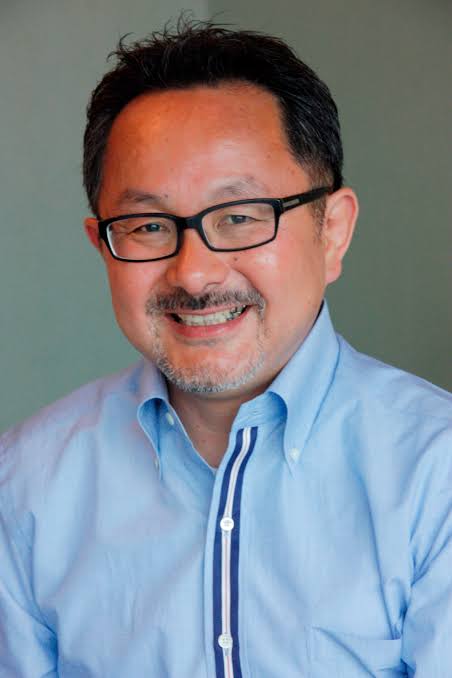People in the U.S. Think They Are Better Than They Actually Are. People in Asia Don’t.

That’s the title of a fascinating piece by University of Michigan psychologist Shinobu Kitayama. His compelling article reveals an intriguing psychological divergence between Western and East Asian individuals regarding self-perception.
Positive Illusions Aren’t Universal
The research challenges a long-held belief in psychology that “positive illusions”—the tendency to overestimate one’s abilities—are a universal human trait. Instead, Kitayama argues that this cognitive bias is largely confined to Western cultures, with East Asians demonstrating a more realistic self-assessment.
He writes,
We think the cultural variation in positive illusions is one example of a broader cultural difference in how the self is construed. Western societies generally regard the self as independent. Consequently, people in these societies are motivated to feel good about themselves. They work hard to identify their competence and uniqueness. In many cultures outside the West, however, people regard their selves as interdependent and embedded in social relationships. They feel protected and secure when connected to a larger social community. From that cultural perspective, there is no need to feel particularly good about one’s independent, individual self.
Several implications follow from Kitayama’s reflections
Cultural Bias in Psychological Research
A crucial implication of this research is its expose of the limitations in psychological studies, which are predominantly Western-centric. The article calls attention to the WEIRD (Western, educated, industrialized, rich, and democratic) bias in psychology, urging for a more global perspective to enrich our understanding of human behavior and mental processes. This plea for inclusivity is not just academic; it has practical applications, especially in mental health assessments and therapeutic approaches that need to be culturally sensitive.
Imposter Syndrome and Social Norms
The article also discusses the societal norms around positive selves, pointing out that the very notion of imposter syndrome could be an offshoot of a culture that values overconfidence. In cultures where a more realistic self-assessment is the norm, comparing oneself to those who are unrealistically confident might lead to feelings of inadequacy, which is detrimental to mental well-being.
Interdependent vs. Independent Self
Kitayama further introduces a fundamental cultural difference in how the self is construed— independence in the West versus interdependence in the East. This difference provides a backdrop for potential misunderstandings. While Westerners may view East Asians as “disengaged” due to their lack of self-promotion, East Asians might regard Westerners’ self-aggrandizing tendencies as “futile” or “unnecessary.”
Culture as a Mind-Shaping Force
Ultimately, the article underscores culture’s powerful, yet often underestimated, role in shaping our thoughts, attitudes, and behaviors. It’s a reminder that the self is not just an individual construct but a reflection of broader societal and cultural values. Recognizing these cultural nuances is essential for any meaningful dialogue or decision-making that seeks to address major issues facing the church around the world.













